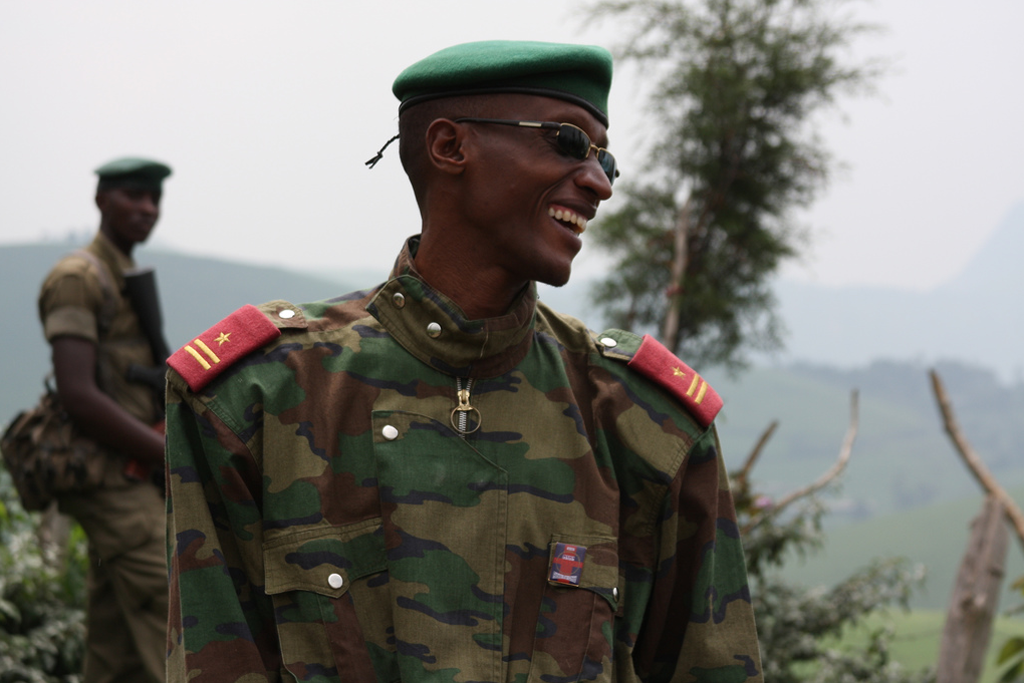This morning Laurent Nkunda's forces took over the Congolese army's biggest base in the east, about 45 minutes from Goma. I was there only two days ago and was planning on going back this weekend to film the displaced communities there. Now it looks like those displaced people will be moving elsewhere, and we'll need to find another place to film because the Congolese authorities will never let us cross that front line.
When the news was passed around this morning – by phone calls or in meetings or by sms, you could see the frisson move through people's bodies. Rumangabo is close – we've all been plenty of times. It's been FARDC land as long as I've been reporting here and I never would have thought that it was under threat. Yesterday the CNDP looked weak. Now they're just 45 minutes down the road with an enormous cache of weapons.
Congolese are rioting against MONUC in protest; the aid groups aren't sure how they'll be able to move in the coming days – it's completely unpredictable where the next fighting will be.
It's always strange to be in Goma during times like this. The UN will never let significant violence move into the city, so we blithely sit in bars by the lake and drink beers while trying to make plans with fixers and aid workers by text message. Every hour or so, someone at the bar will receive an sms from an army commander or rebel spokesman or fixer or UN insider about which town just fell or which village people are fleeing from. Each town that falls means horrible things for the people there. At the bar in Goma we keep score: three towns to one, 50 casualties to 21, ten thousand displaced – half of them for the second time in a month. From Goma, we treat the fighting uncomfortably like sport.
